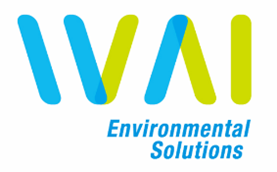Sustainability
Our society and the way we live our lives must gradually change. During the next 30 years we have to get much better at sequestering CO2 and reducing greenhouse gas emissions than what we are at recovering and using fossil fuels. WAI is a green technology company focusing on development of biogenic carbon materials, pyrolysis and carbonization technologies, and biocarbon/heat/electricity co-production facilities. We promote application of biocarbon in metallurgical industries as reductants to replace fossil carbons and enable them to meet their decarbonization goals.
At WAI, our values are in line with the Sustainable Development Goals of United Nations. We aim to share environmental best practices, to improve the standards in the industries that we are working with, and to support our customers to be better environmental performers through our technologies.
Our Areas of impact
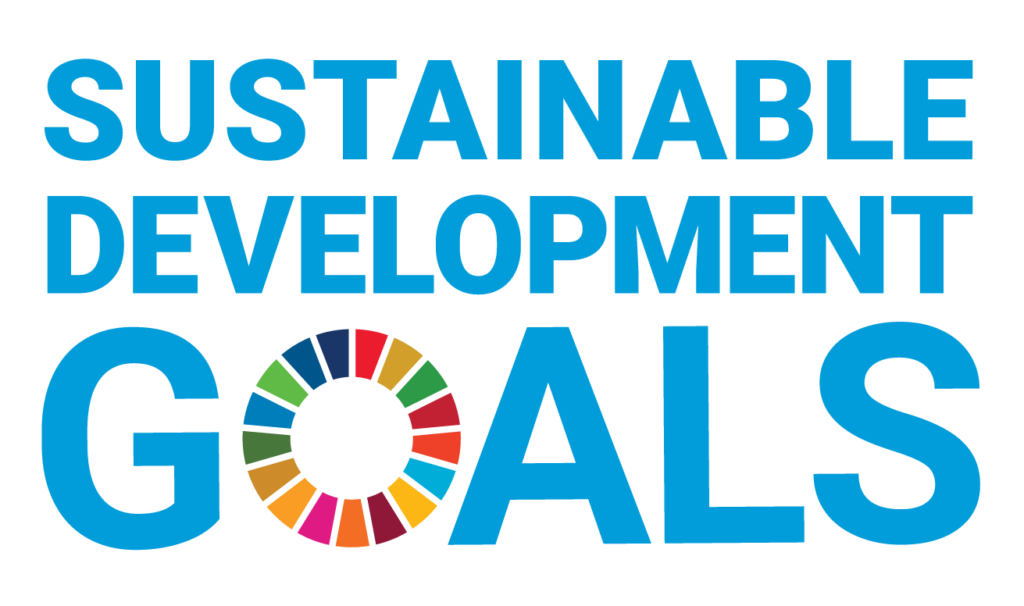
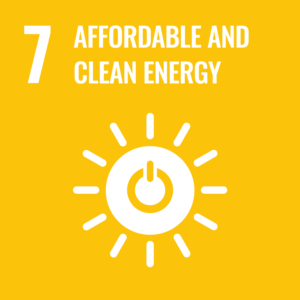
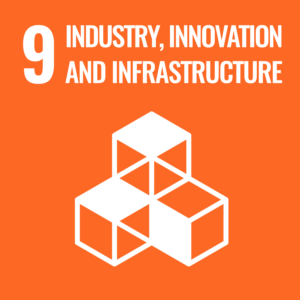
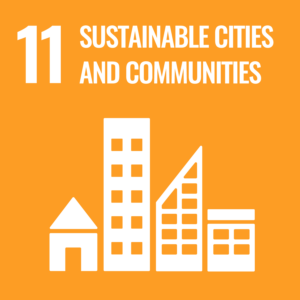
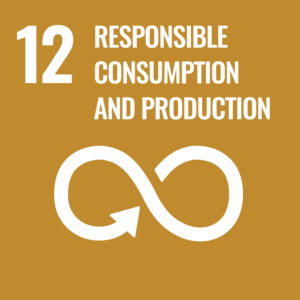
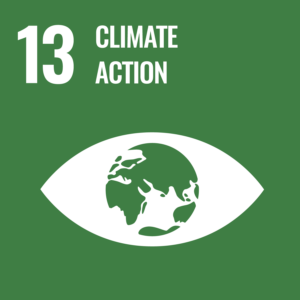
Renewable Energy Directive (RED III)
The Cascade principle in the EU’s Renewable Energy Directive (RED III) states that woody biomass should be used according to its highest economic and environmental added value in the following order of priorities: wood-based products, extending their service life, re-use, recycling, bioenergy, disposal.
Converting forest residues to biocarbon realizes material recycling and make it ranked higher in the Cascade principle than bioenergy use. Biocarbon production eventually improves sustainability of the forest industry.
Emission Trading System (ETS) and Carbon Border Adjustment Mechanisms (CBAM)
The EU’s CBAM will be phased in from October 2023, where importers of carbon intensive goods, such as steel, will need to report the greenhouse gas emissions from the production of their imported gods. From 2026, there will be a system for CBAM certificates, at the same price at the EU ETS allowances in €/ton CO2 emitted. The phasing-out of free allowances under the EU ETS will take place in parallel with the phasing-in of CBAM in the period 2026-2034.
Replacing dirty, carbon-intensive metallurgical coal and coke with locally produced biocarbon from forest residues and wood waste will help the green transition more smoothly and less painful for metallurgical industries.

